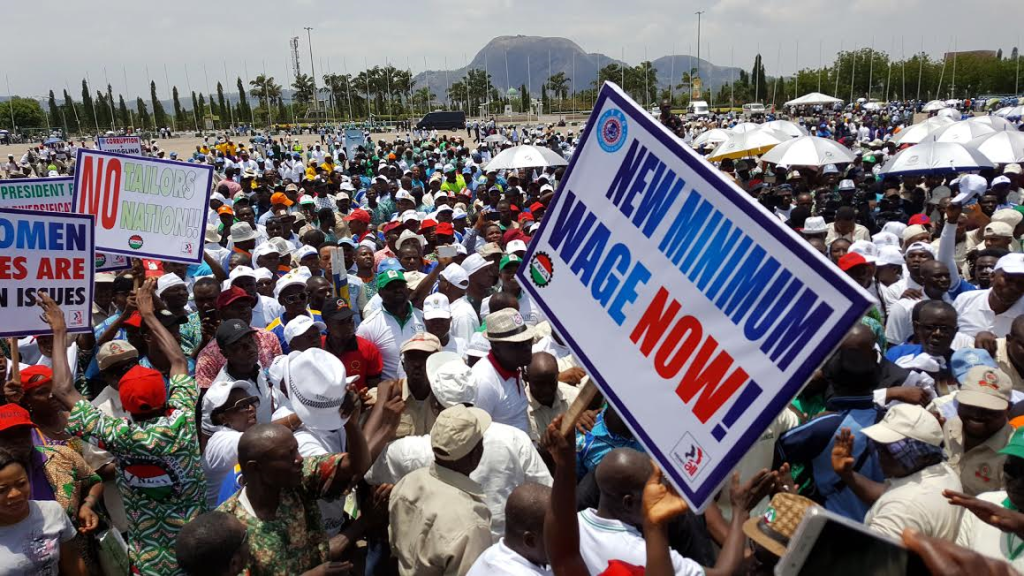The Nigerian Government said payment of the newly approved N70,000 minimum wage, and consequential salary adjustments for public servants commenced Thursday across various levels of the federal civil service.
This development impacts over 1.2 million civil servants, who will receive the adjusted salary in September 2024.
The Accountant-General of the Federation, Dr Oluwatoyin Madein, authorised the new payment through a warrant issued to the Budget Office.
The breakdown of the new salary structure was provided by the National Income, Salaries and Wages Commission, showing that civil servants under the Consolidated Public Service Salary Structure (CONPSS) will now earn new annual salaries based on their grades.
The salary adjustments apply across all Ministries, Departments, Agencies, the Armed Forces, and educational institutions.
The implementation date of the new minimum wage was set for July 29, 2024, following President Bola Tinubu’s signing of the wage bill into law.

The government is expected to spend approximately N4.019 trillion annually to cover the wage bill, with around N334.9 billion allocated for monthly payments.
Public sector workers welcomed the development, though some expressed dissatisfaction with the adjustments, citing economic hardship and the rising cost of living.
Pensioners in the South-West region have also voiced their dissatisfaction with the N70,000 minimum wage. They have called on the government to renegotiate the wage, pushing for N250,000 in light of the country’s economic realities, including fuel price increases.
Meanwhile, private sector organisations are concerned about the potential enforcement of the new wage policy.
The Nigerian Economic Summit Group noted that the government cannot impose minimum wage legislation on private businesses, calling for a voluntary approach to compliance.
Many small and medium-sized enterprises (SMEs) fear they may struggle to meet the new wage requirements, leading to downsizing or business closures.
Despite these challenges, manufacturers and business groups largely support the new wage policy, recognising its potential to boost consumer spending and economic growth. However, they call for government assistance to help smaller businesses cope with the new financial burden.


